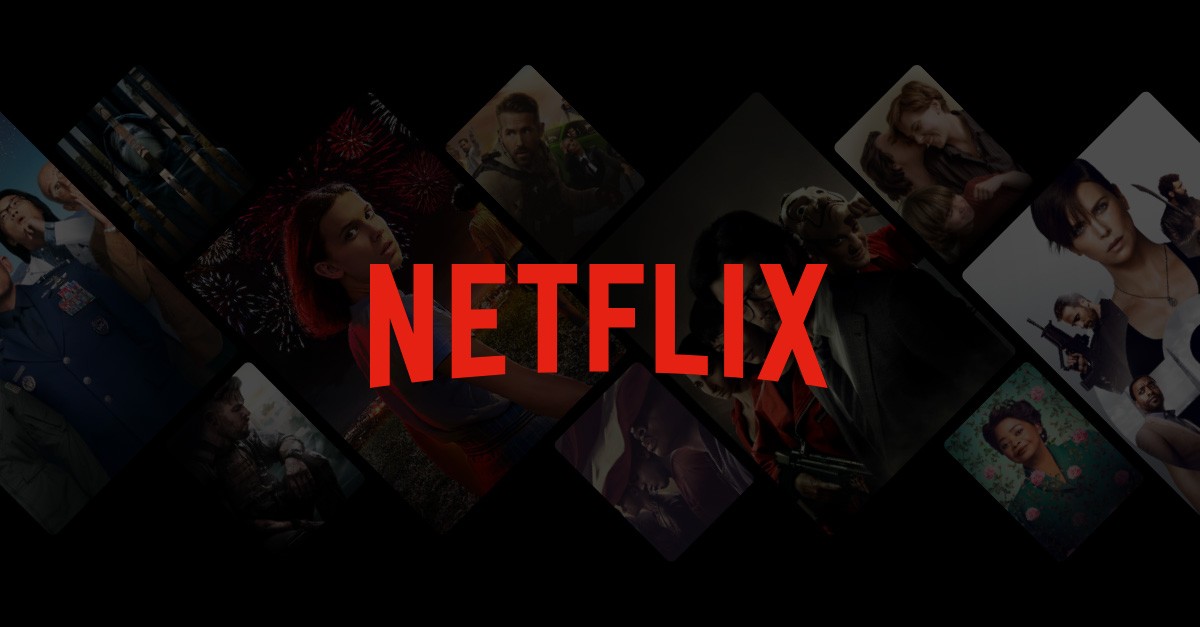Last Updated on 05/12/2023 by Dolly
Personalized marketing and customer engagement are crucial for businesses to thrive in the current digital era. Because data science makes it possible for marketers to gather, examine, and understand enormous volumes of customer data, it is essential to these initiatives. Businesses can better understand the needs, preferences, and behaviors of their customers by utilizing this data. Afterward, by using this data, marketing campaigns that are highly personalized and targeted to specific consumers can be developed.
The Role of Data Science in Personalization
Data science can be applied in many different contexts to promote personalization in marketing. Data science, for example, can be applied to:
1. Segment Customers
Customers can be divided into various groups using data science techniques according to their demographics, habits, and other attributes. As a result, companies can develop marketing campaigns for each segment that are more pertinent and targeted.
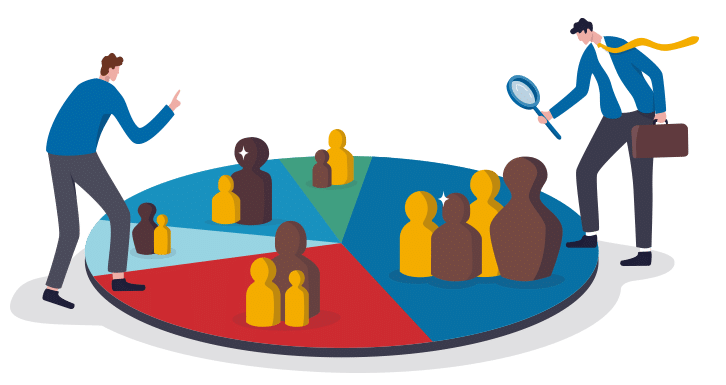
2. Determine Client Attrition
It is possible to identify customers who are likely to leave using data science models. Using this data, proactive customer retention strategies are able to be developed.

3. Predict Customer Behavior
Customer behavior, such as the products they are most likely to buy or the channels they are most likely to interact with, can be predicted using data science models. Marketing communications that are more relevant and individualized can be made with this data.

4. Improve Advertising Campaigns
Real-time campaign optimization is possible with data science. Data science algorithms, for instance, can be used to identify the most engaging email campaigns, the landing pages that convert at the highest rate, and the best-performing ad copy.

Benefits of Personalized Marketing and Customer Engagement
Businesses can gain a lot from customer engagement and personalized marketing, such as:
1. Increased Customer Satisfaction
Receiving offers and messages from marketers that are tailored to their individual needs and interests increases the likelihood that customers will be happy with their overall experience.
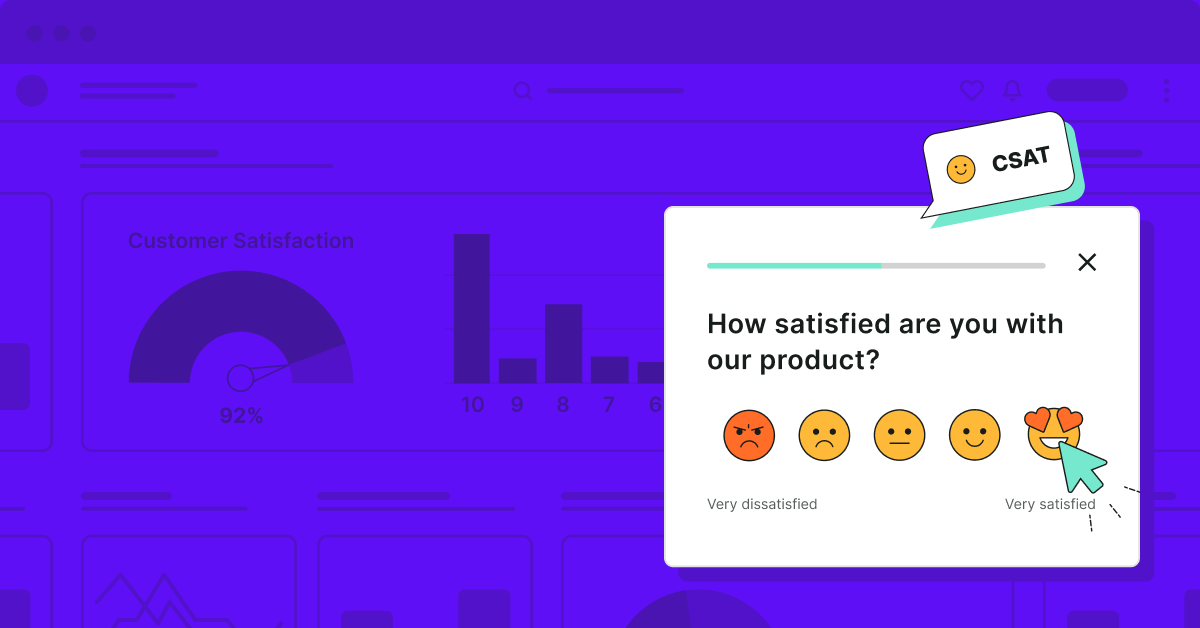
2. Improved Customer Royalty
Businesses can increase customer loyalty by strengthening their relationships with customers through personalized marketing and customer engagement.
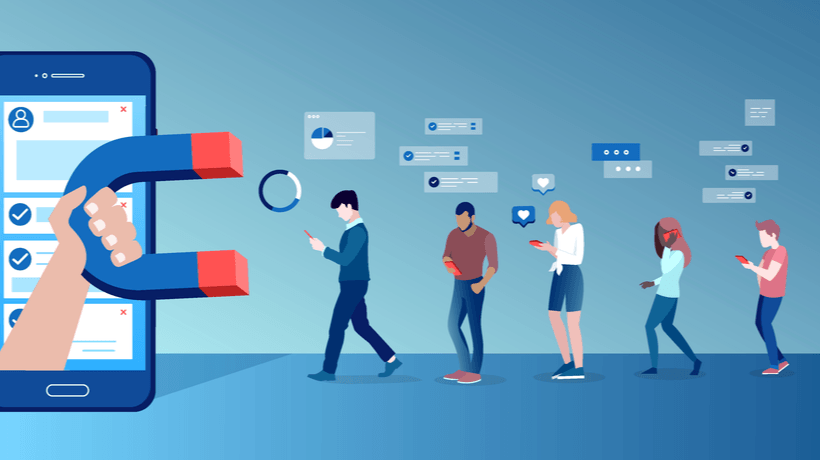
3. Higher Conversion Rates
Compared to generic mass marketing campaigns, personalized marketing campaigns have a higher conversion rate.
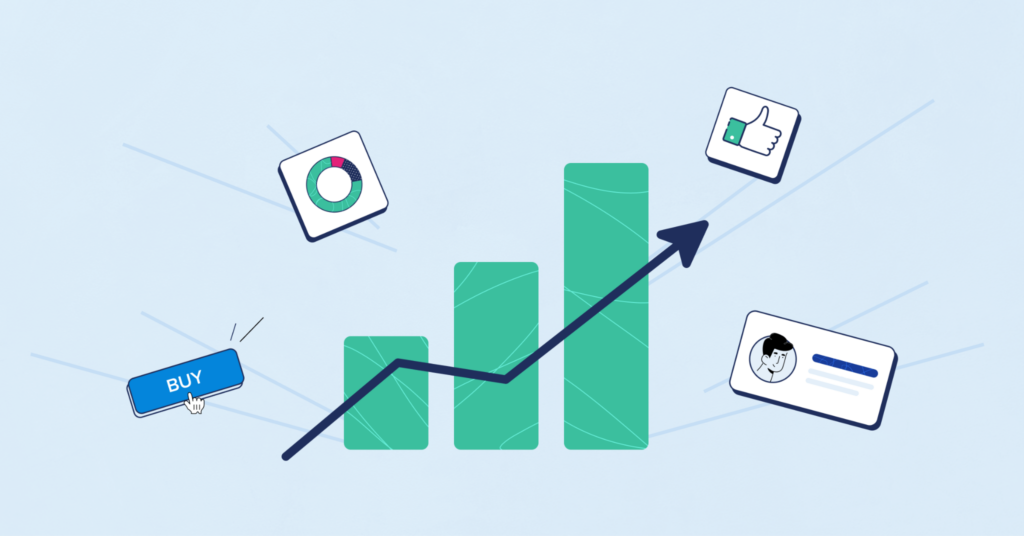
4. Increased Revenue
Companies can anticipate higher revenue when they implement customer engagement and personalized marketing strategies.

Data Science Examples in Customized Marketing
Here are some instances of data science’s current application in customized marketing:
1. Netflix
Netflix makes movie and TV show recommendations to its users using data science, taking into account their viewing preferences and history.
2. Amazon
Customers’ past purchases and browsing habits are used by Amazon to make product recommendations using data science.
3. Spotify
Spotify makes music recommendations to its users based on their listening habits and tastes using data science.
4. Starbucks
Starbucks uses data science to target its customers with promotions and customize its rewards program.
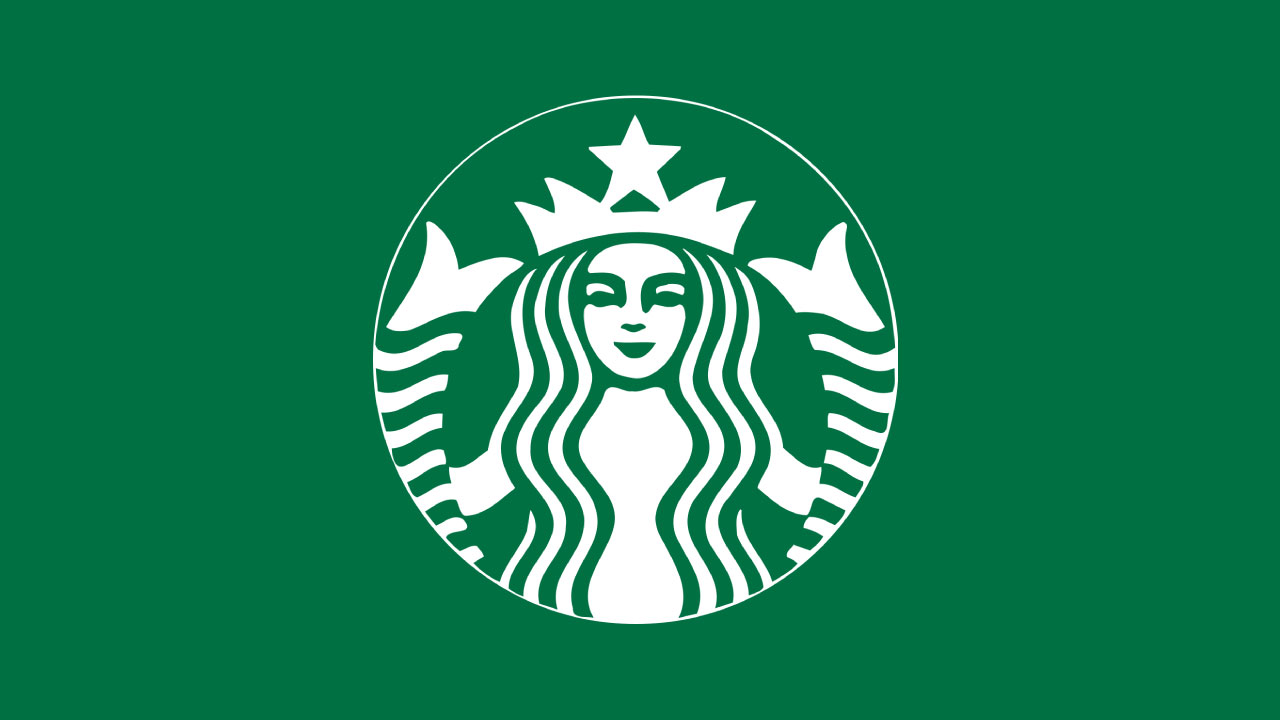
Data science is becoming more and more crucial to customer engagement and tailored marketing. Businesses can better understand their customers and develop more relevant and targeted marketing campaigns by utilizing data science. This may result in higher conversion rates, more income, better customer satisfaction, and improved customer loyalty.
Read More:
- 5 Ways Data Science is Changing Our Online Conversations
- How AI is recommending the best content to users in 2023
- Top 7 Ways AI is Protecting the Digital World in 2023
- Top 5 Risk Management Strategies for the Tech Supply Chain in 2023

